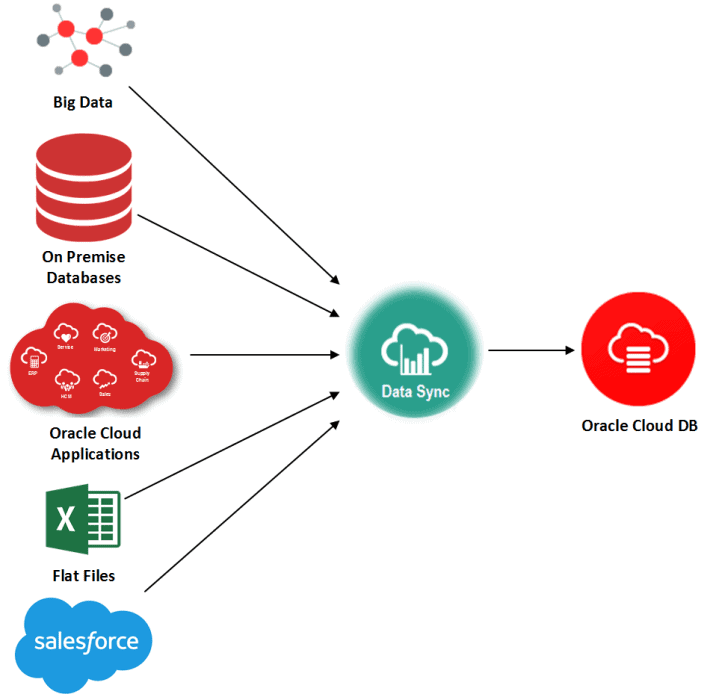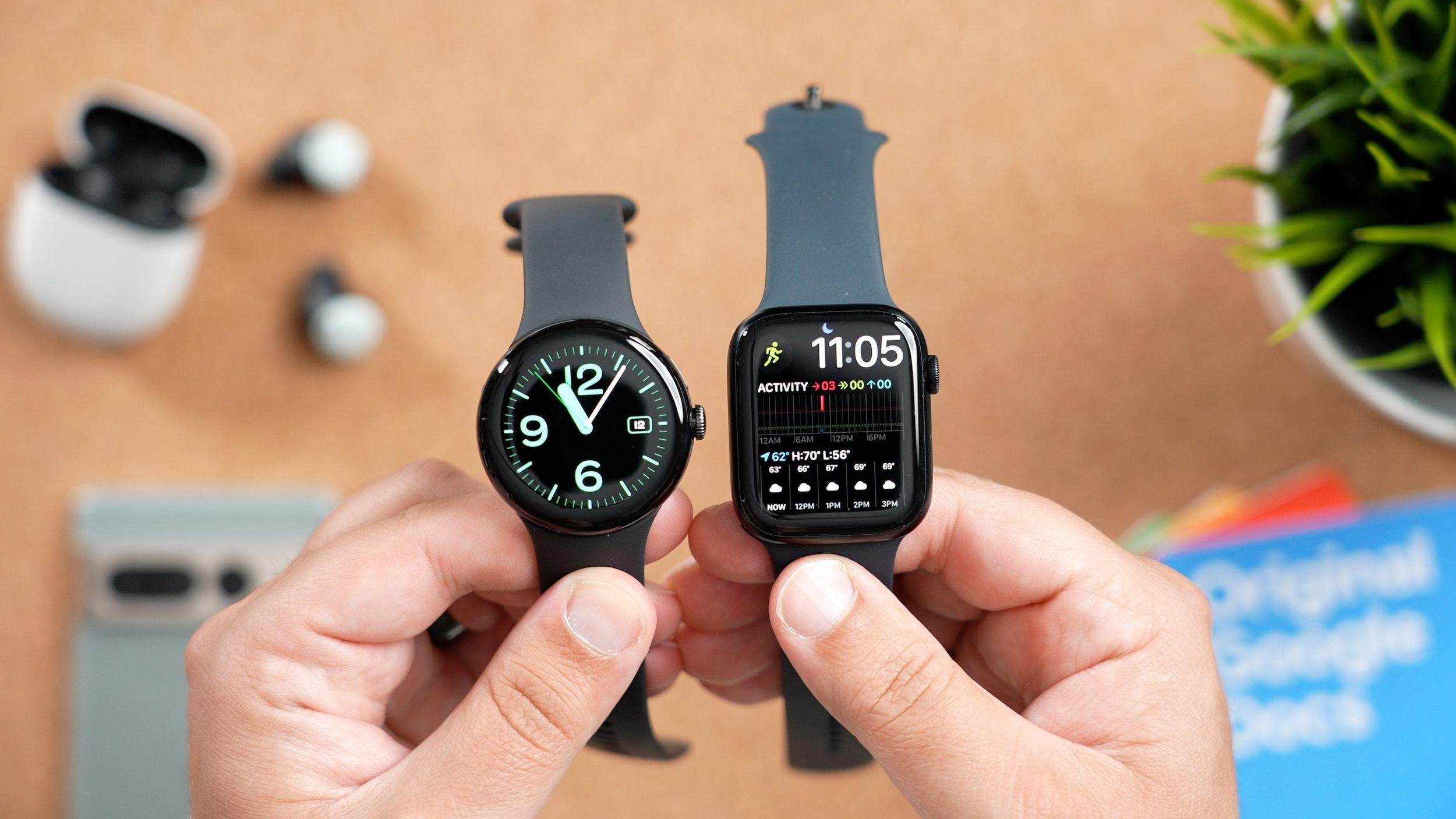In today’s digital landscape, cloud data synchronization has emerged as a critical feature for businesses seeking flexibility and efficiency. With cloud technology evolving rapidly, companies can now ensure their data is seamlessly updated across different devices, minimizing the risk of discrepancies. Services like Microsoft Exchange provide robust platforms for this synchronization, ensuring that essential information remains secure while being accessible anytime, anywhere. Data security is paramount, especially as online surveys and collaboration tools heavily rely on real-time data sharing in the cloud. As more organizations leverage cloud services, understanding how to implement effective data synchronization will become increasingly vital to their operational success.
Cloud data synchronization, often referred to as data harmony in the cloud, represents a transformative approach to managing information in the modern workplace. As enterprises adopt cloud computing, the ability to keep data consistent and readily available across various devices enhances productivity and facilitates collaboration. The integration of services like Microsoft Exchange exemplifies this trend, allowing users to effortlessly sync their emails and files while ensuring data integrity and security. By employing cloud technologies, organizations can effortlessly perform online surveys and gather insights, empowering them to make informed decisions based on accurate datasets. As businesses increasingly depend on cloud solutions, the need for effective data synchronization strategies becomes more pronounced, driving innovation and resilience across industries.
Understanding Cloud Data Synchronization
Cloud data synchronization is an integral component of modern cloud technology, enabling users to access their information from various devices in real-time. This capability is especially crucial for businesses that rely on accurate and up-to-date data to support decision-making processes. With cloud services becoming increasingly popular, organizations are looking for solutions that ensure seamless data flow across different platforms, such as Microsoft Exchange. Synchronization allows employees to access their emails, calendars, and contacts from any device, facilitating greater flexibility and productivity.
As the demand for cloud applications rises, businesses must prioritize data security in this synchronization process. Implementing strong security measures is essential to protect sensitive information stored in the cloud. This includes utilizing encryption techniques during data transfer and ensuring that access controls are in place to restrict unauthorized entry. By adopting best practices for data security, companies can confidently embrace cloud data synchronization, ensuring that their information is safe and readily available whenever and wherever it is needed.
Frequently Asked Questions
What is cloud data synchronization and how does it relate to cloud technology?
Cloud data synchronization refers to the process of ensuring that data across various cloud services is consistent and up-to-date. It is a critical aspect of cloud technology, allowing businesses to access the same data from different locations and devices without discrepancies. Through cloud synchronization, companies can leverage cloud services to keep their data securely aligned and accessible.
How does Microsoft Exchange synchronization enhance cloud data synchronization?
Microsoft Exchange synchronization enhances cloud data synchronization by enabling seamless integration of emails, calendars, and contacts across multiple devices. This means users can access their Exchange data from any device connected to the internet, providing flexibility and real-time updates, essential for modern cloud services.
What are the security implications of using cloud data synchronization services?
Security is a major consideration when utilizing cloud data synchronization services. Businesses must ensure that data security measures, such as encryption, access controls, and compliance with regulatory standards, are in place to protect sensitive information during synchronization across cloud platforms.
How do online surveys benefit from cloud data synchronization?
Online surveys benefit from cloud data synchronization by allowing real-time data collection and analysis. With cloud services, survey data can be securely synchronized across multiple devices and platforms, making it easier for businesses to access and utilize insights quickly for decision-making.
What should CIOs consider before implementing cloud data synchronization?
CIOs should consider several factors before implementing cloud data synchronization, including data security, compliance risks, the reliability of cloud services, potential downtime, and how synchronization will integrate with existing IT infrastructure. Understanding these aspects will help ensure a smooth transition to cloud-based solutions.
Can cloud data synchronization be used for mobile devices and remote work?
Yes, cloud data synchronization is particularly advantageous for mobile devices and remote work. It allows employees to access and update data seamlessly across different devices, ensuring they are always working with the latest information, regardless of their location.
What role does data security play in cloud services for synchronization?
Data security plays a crucial role in cloud services for synchronization, as it ensures that sensitive information remains protected during transfer and storage. Businesses must implement robust security practices, such as encryption and secure access protocols, to safeguard their data while utilizing cloud data synchronization.
| Key Point | Details |
|---|---|
| Cloud Hosting | Private clouds are already used by numerous businesses for software and services. |
| Data Synchronization | Synchronizing confidential data is the next significant step in cloud adoption. |
| CIO Readiness | Many CIOs remain hesitant about fully adopting cloud technologies. |
| Microsoft Exchange | Microsoft provides synchronization services through leased Exchange hosting. |
| Mobile Data Access | Services allow employees to access their data across devices, enhancing mobility. |
Summary
Cloud data synchronization is crucial for modern businesses as it enables seamless access to information across various devices. Today, many companies are embracing cloud solutions but need to be aware of the security implications when synchronizing sensitive data. As organizations look to enhance their mobile workforce, understanding cloud data synchronization will be key to ensuring efficiency while maintaining security.



